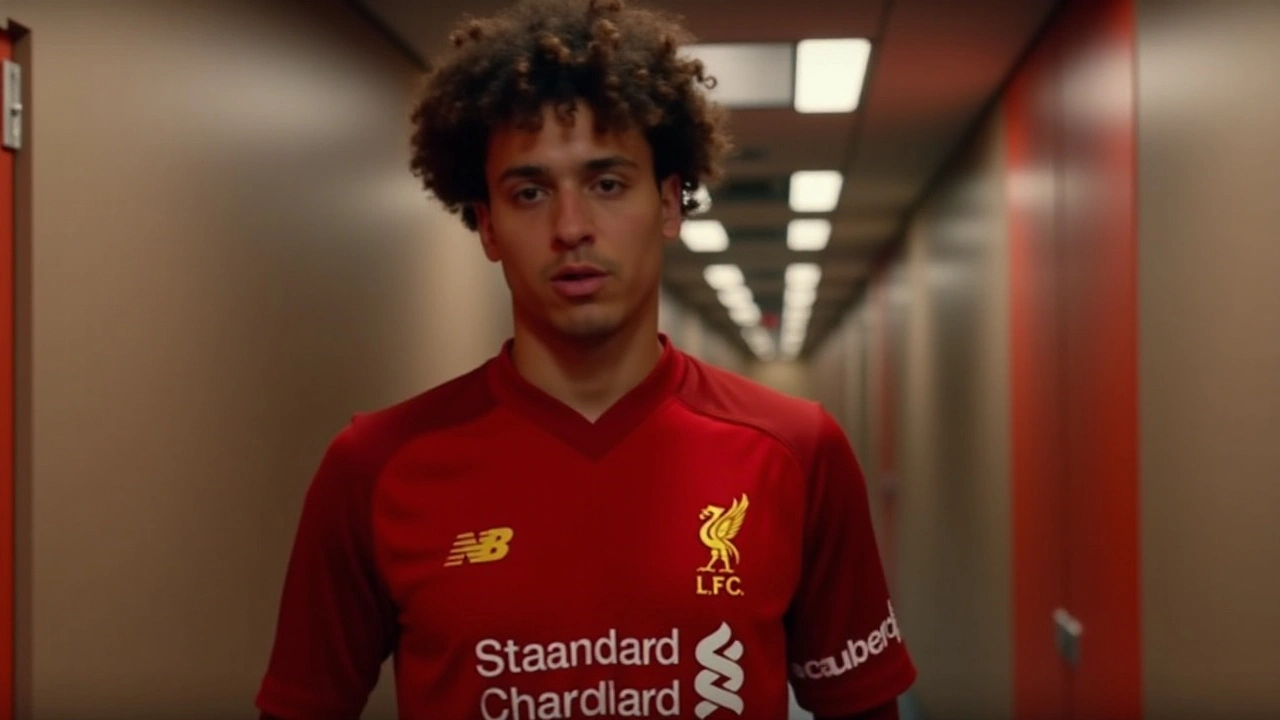Loan Move: What It Means for Teams and Players
Ever wondered why a star striker suddenly appears at a club mid‑season? Most of the time it's a loan move. A loan lets a parent club send a player to another team for a set period, often half a season or a full year. The borrowing club gets a player without paying a full transfer fee, while the parent club can give its talent game time they’d miss out on at home.
Why Clubs Use Loan Moves
First, clubs use loans to develop young talent. A teenager may train well but still need real match experience. Sending him to a lower‑division side means he faces senior opposition, learns to handle pressure, and returns stronger. Second, loans help clubs cover injuries. If a defender gets a season‑ending knee injury, a short‑term loan can fill the gap without a long‑term commitment.
Financial reasons matter too. Smaller clubs often can’t afford a permanent signing, but a loan with the parent club covering part of the wages is doable. For the parent club, loan fees and shared wages can offset costs while the player's market value rises.
How a Loan Move Affects Players
From a player's perspective, a loan is a chance to prove themselves. Regular minutes boost confidence and showcase ability to scouts. However, moving clubs can be disruptive—new city, new teammates, different tactics. Players need to adapt quickly, stay motivated, and keep communication open with both clubs.
Contracts usually include clauses: an option to buy, a recall clause, or a minimum playing time guarantee. The recall clause lets the parent club pull the player back if they need him. An option to buy means the borrowing club can make the deal permanent if the player fits well.
Successful loan stories are everywhere. Think of a young winger who spent a season on loan, scored 15 goals, and returned as a starter. Or a veteran defender who helped a relegation‑battling side stay up, earning praise from both fans and managers.
When evaluating a loan move, ask: Will the player get minutes? Does the borrowing club's style match the player's strengths? Are there clear expectations from both sides? Answering these questions helps avoid a loan that stalls development.
In short, loan moves are flexible tools that benefit clubs and players when used wisely. They provide game time, financial relief, and a testing ground for talent. Keep an eye on transfer windows—loan deals often pop up alongside permanent signings, and they can change a season’s storyline in minutes.

Liverpool Striker Jayden Danns Set for Sunderland Loan After Passing Medical
Jayden Danns of Liverpool has passed his medical with Sunderland, inching closer to a loan move as both clubs finalize details. Set to bolster Sunderland's playoff push, this move aligns with Liverpool's strategy to develop young talent through valuable game time.
View more